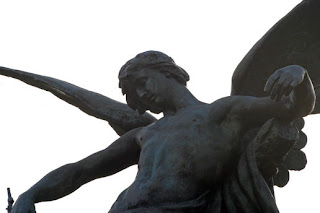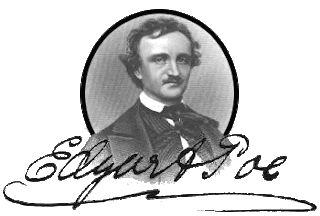
Oh, give us pleasure in the flowers today;
And give us not to think so far away
As the uncertain harvest; keep us here
All simply in the springing of the year.
--Robert Frost
Last night I sat with friends
in my backyard eating and talking and drinking until well-past sunset. There
were tiny new potatoes and ears of sweet corn. And fresh-picked strawberries,
blueberries and biscuits, still warm. There was whipped cream sweetened with
dark maple syrup. And I was wearing a billowy skirt made of bright bands of
color—watermelon and coral and rose.
The air was heavy and it
threatened to rain. But the rain didn’t come, only warm winds that made the
candles flicker like an image in a flipbook.
Happiness, I’ve decided, is a
matter of the microcosmic. To be happy is to be, however fleetingly,
undistracted from all that you taste or see or smell or touch or hear. To be
happy is to know that, yes, pain is both relative and absolute. But happiness
is just as real.
I remember being ten, the day
of my sister’s wedding. I had been a bridesmaid. Yes, a bridesmaid! That had to
mean I was important. And I got to wear pantyhose and shoes with little heels.
I was almost a woman.
After the ceremony we got
into our cars to drive around and around. People still used to honk their car
horns for newlyweds and as we drove the air filled with lovely, staccato
beeping. I couldn’t have said why, but all of a sudden I felt so happy I
thought I’d burst right out of the lime-green satin bridesmaid gown my mother
had made for me to wear.
But then, like a slap in the
face, came dread: It would end, this happiness. There would be not simply the
things of daily life, but the awful things of our sometimes-tragic lives. I
hated the happiness. It scared me. I didn’t want to remember, later, what it
felt like to feel so good.
I know better now. I know that happiness is small. Large enough,
but still small.
I know, too, that there is no
logic in happiness. The things designed to make us feel great sometimes feel
like chores—another year of Christmas shopping, another vacation to plan,
another room to redecorate.
Other times, what makes us
cry makes us happy—a poem so gorgeous your voice cracks trying to read it, the
shape of your daughter’s neck when her hair is upswept, Elvis Costello singing
“My Funny Valentine.”
And, like they say a woman
forgets the pain of labor—a myth, by the way—I do think we forget we were happy. So when we are happy again, it
catches us off-guard. It is new each time. There is never anything but this
moment of happiness. The poet Galway Kinnell writes,
Kiss
the mouth
which tells you, “here,
here is the world.” This mouth. This laughter. These temple bones.
With happiness there is nothing more to be done than to really be in it.
the mouth
which tells you, “here,
here is the world.” This mouth. This laughter. These temple bones.
With happiness there is nothing more to be done than to really be in it.
We can’t photograph it with
our hearts and when we speak about happiness we have to reduce it to the
dimensions of metaphors.
The other night there was a
firefly in my bedroom. It was like having a traveling star in the room,
brilliant sparkles in unexpected places. I lay there thinking, happiness is
like this firefly—both unpredictable and certain.
Of course, I was all wrong.
Happiness isn’t like a firefly. Or a rainbow or any kind of silly metaphor.
Happiness isn’t like anything. It
simply is—a span of randomly-timed
seconds, the time in which we know, past doubting, we are awake and alive.





